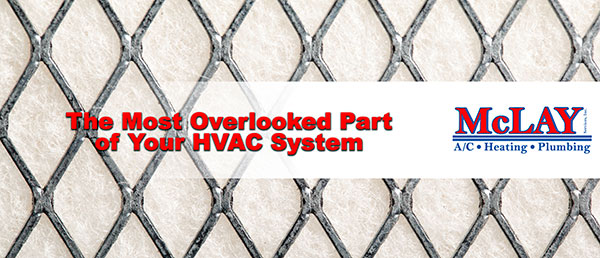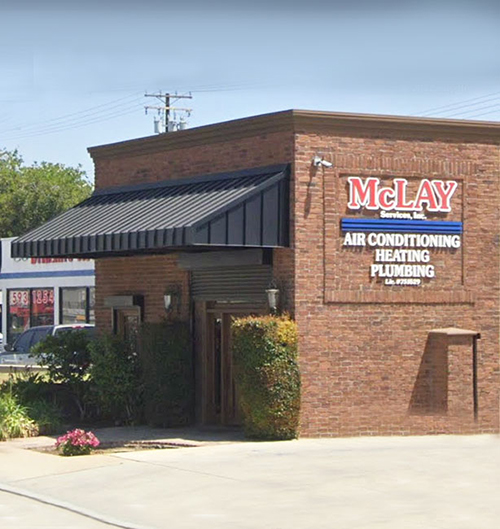The filter for your air conditioner or furnace isn’t something that most people think about often. It’s usually when the dust begins to pile up as fast as you can clean it, or notice that your vents are gathering little dust bunnies that you remember it needs replacing. Your filter needs to be replaced regularly and if you wait until you notice dust around the house to change it then you’re waiting too long.
Do You Remember to Change Your Coffee Filter Regularly?
Regular replacement of the filters does more than just help to keep your home tidy. For those with allergies it can be the difference between being miserable and being comfortable. Depending on the environment of where you live, you should replace your filter every 2-3 months. Areas with more dust or pollution will require more frequent replacement than areas with less as will homes with pets or large families.
A dirty, clogged, filter can decrease the efficiency of your HVAC system by up to 15%. If your average utility bill is $200 a month that adds up to $360 dollars a year, nearly a dollar a day in wasted energy!
Determining when to change your filter will depend on several factors.
- Type of air filter used
- Lifespan of the filter
- Environment
- Pets
- Number of people in the home
But a good starting point is once every 2-3 months and adjusted from there based on the points above.
Types of Air Filters
As with most things in life, with air filters you get what you pay for. The flat-panel economy filters that come in bundles of four or five don’t filter the air very much and you will be replacing them once a month or so.
The next step-up from the flat-panel filters are pleated filters. These will remove up to 45% of the pollutants in the air of your home. They cost a little more, but they also have a longer lifespan and filter much better than the economy ones.
High-efficiency air filters are even better at removing pollutants from the air in your home than pleated filters are, easily out performing them by removing up to 85% of airborne pollutants. They do cost more accordingly, but some can actually help to save on operating costs of your system.
HEPA filters are the top-of-the-line in mechanical filtration. You will pay a premium price for these filters however they remove up to a whopping 98% of the airborne pollutants in your home!
MERV Ratings
MERV stands for Minimum Efficiency Reporting Value. MERV Ratings are a type of scoring system that measures the particle size a given air filter can manage – every air filter is rated according to its MERV. You will see MERV ratings of 8, 11, and 13. With a lower MERV rating, you can expect less filtration and higher particle quantities in your air; with a higher MERV, you can expect better filtration. Be warned – with higher filtration comes lower airflow.
Replacing your filter regularly will not only keep your home clean, and your allergies from acting up, but will save you money on operating costs. Hopefully you now have a better understanding of replacement schedules and filter types.
For more information on saving money and maintaining your HVAC system follow the McClay Heating A/C, Heating & Plumbing blog.



